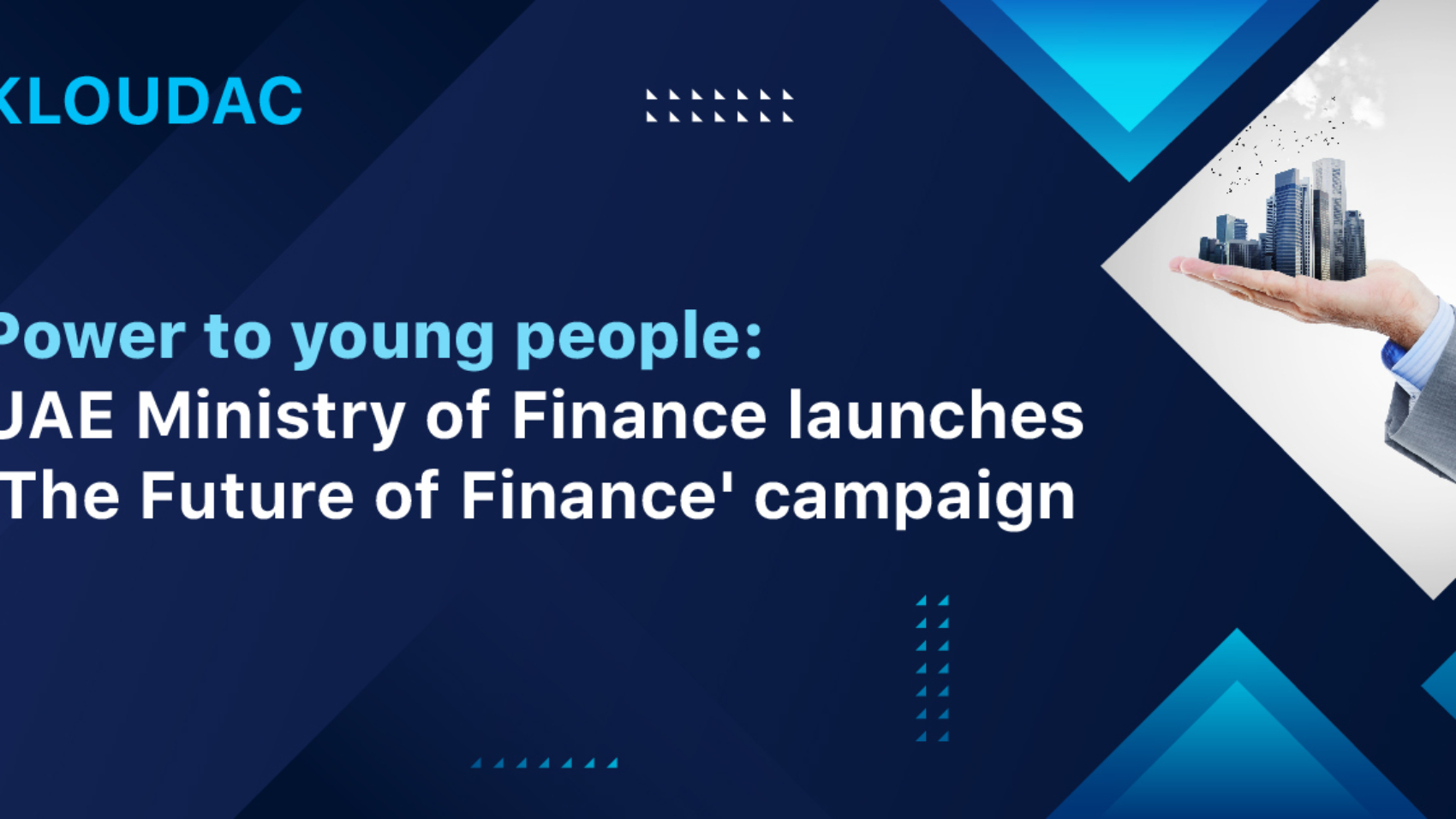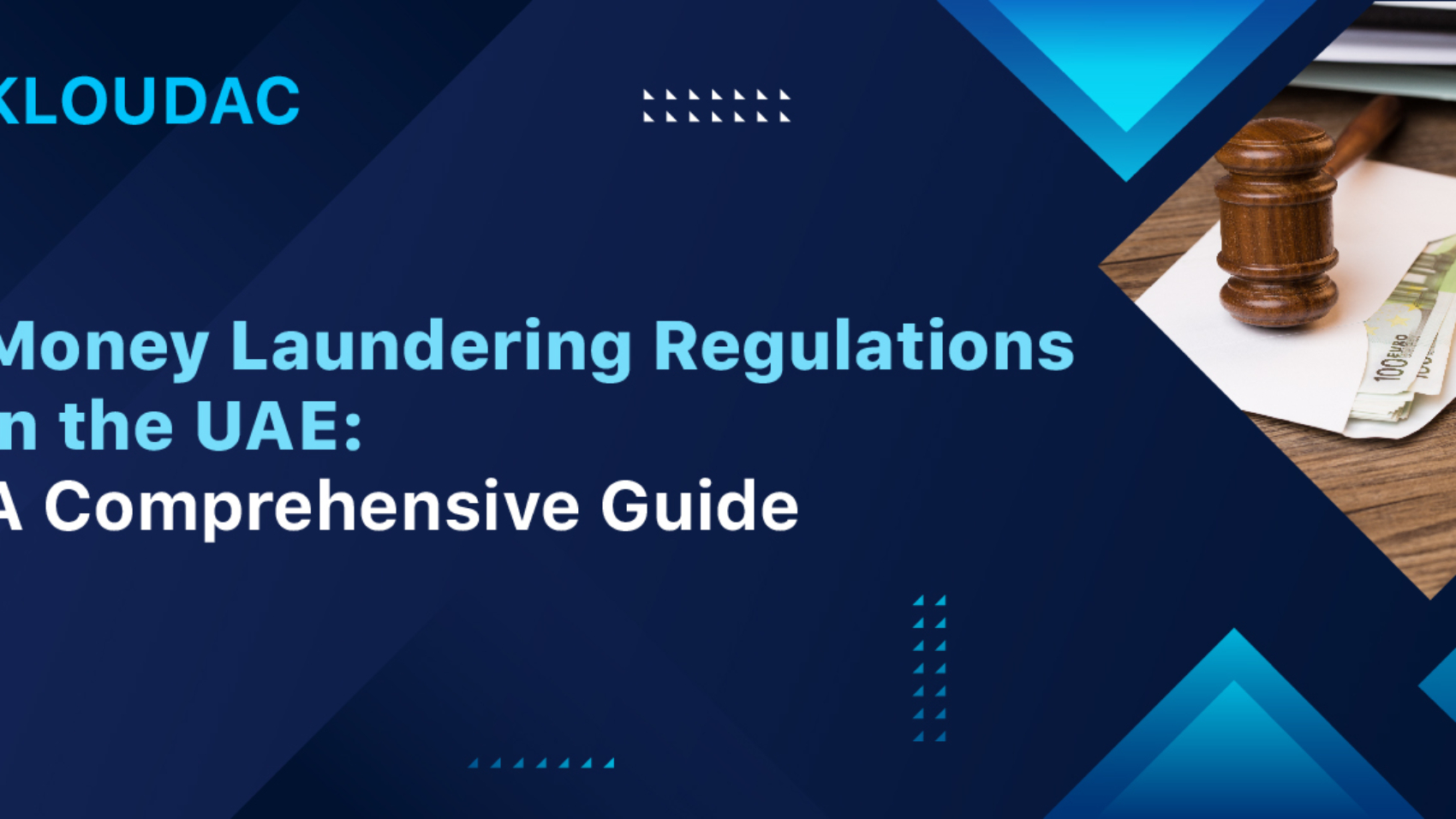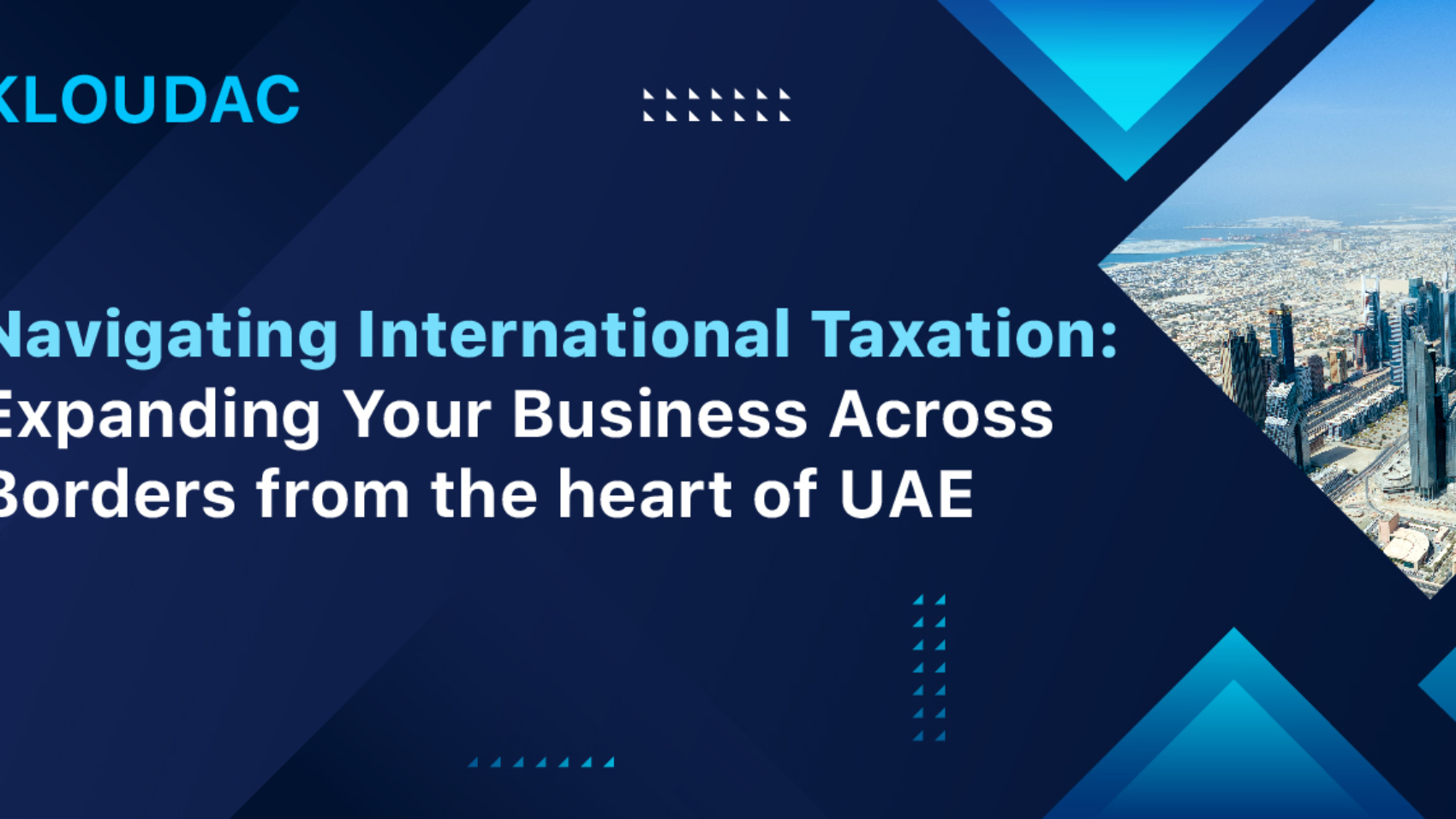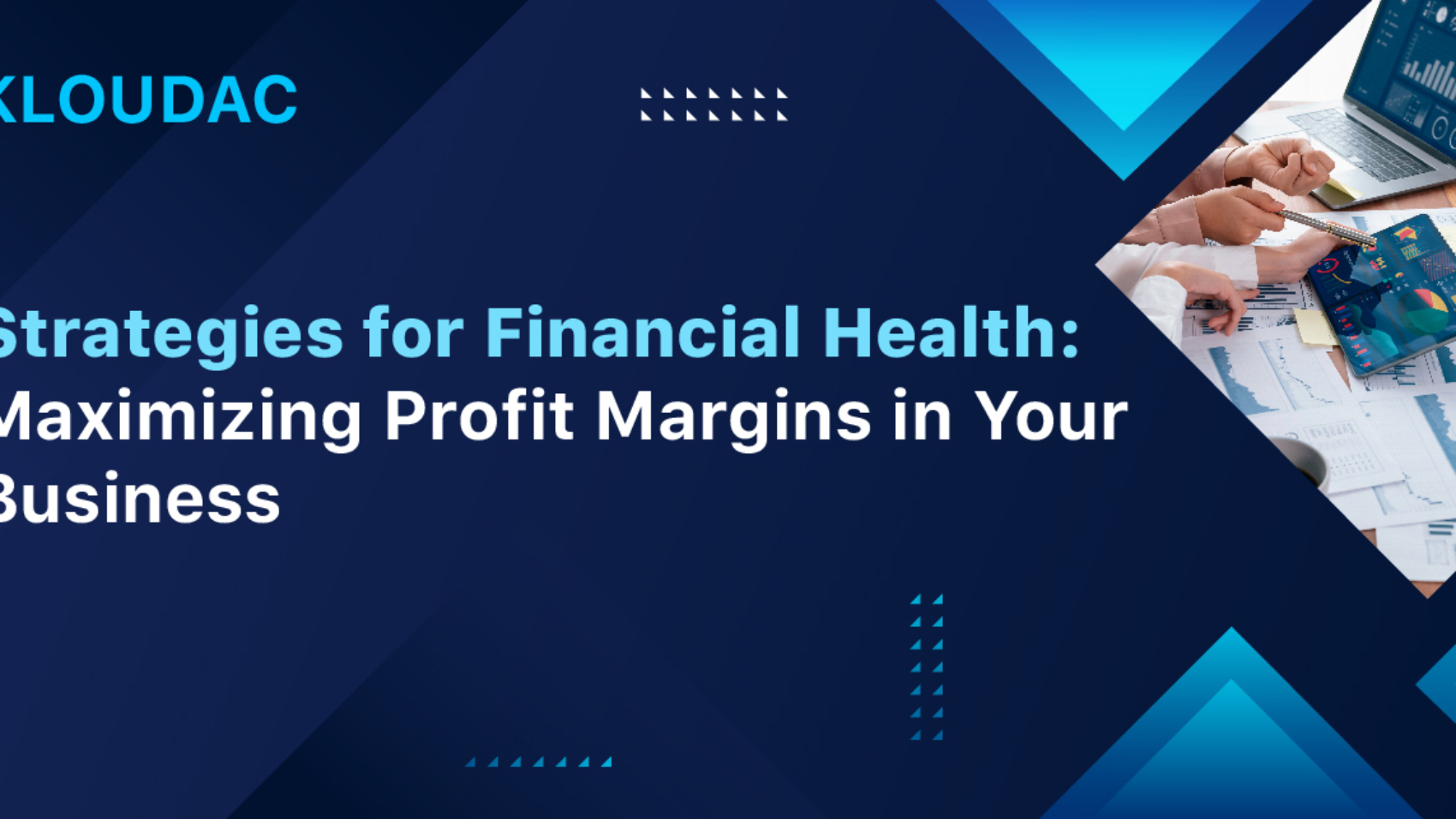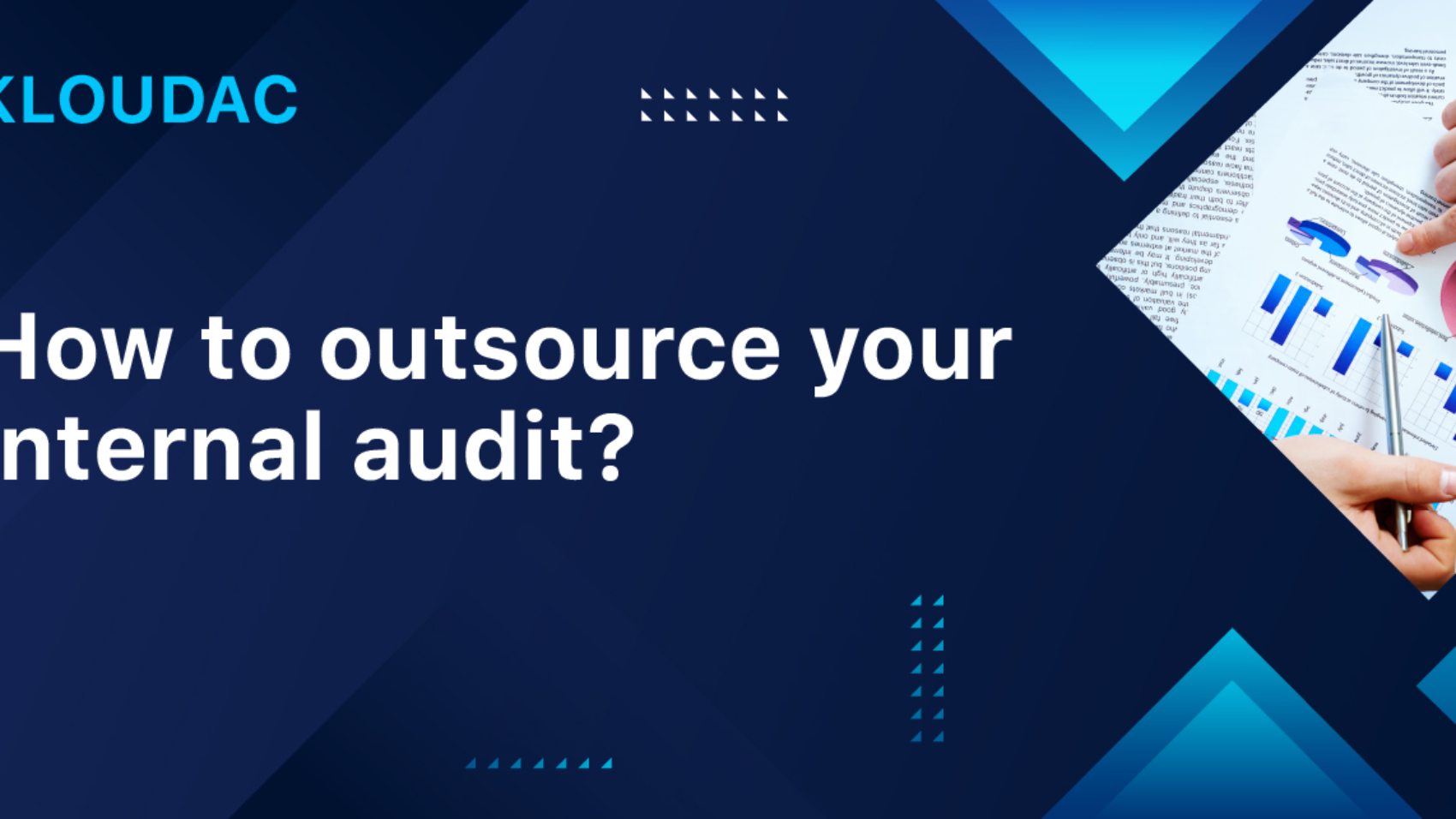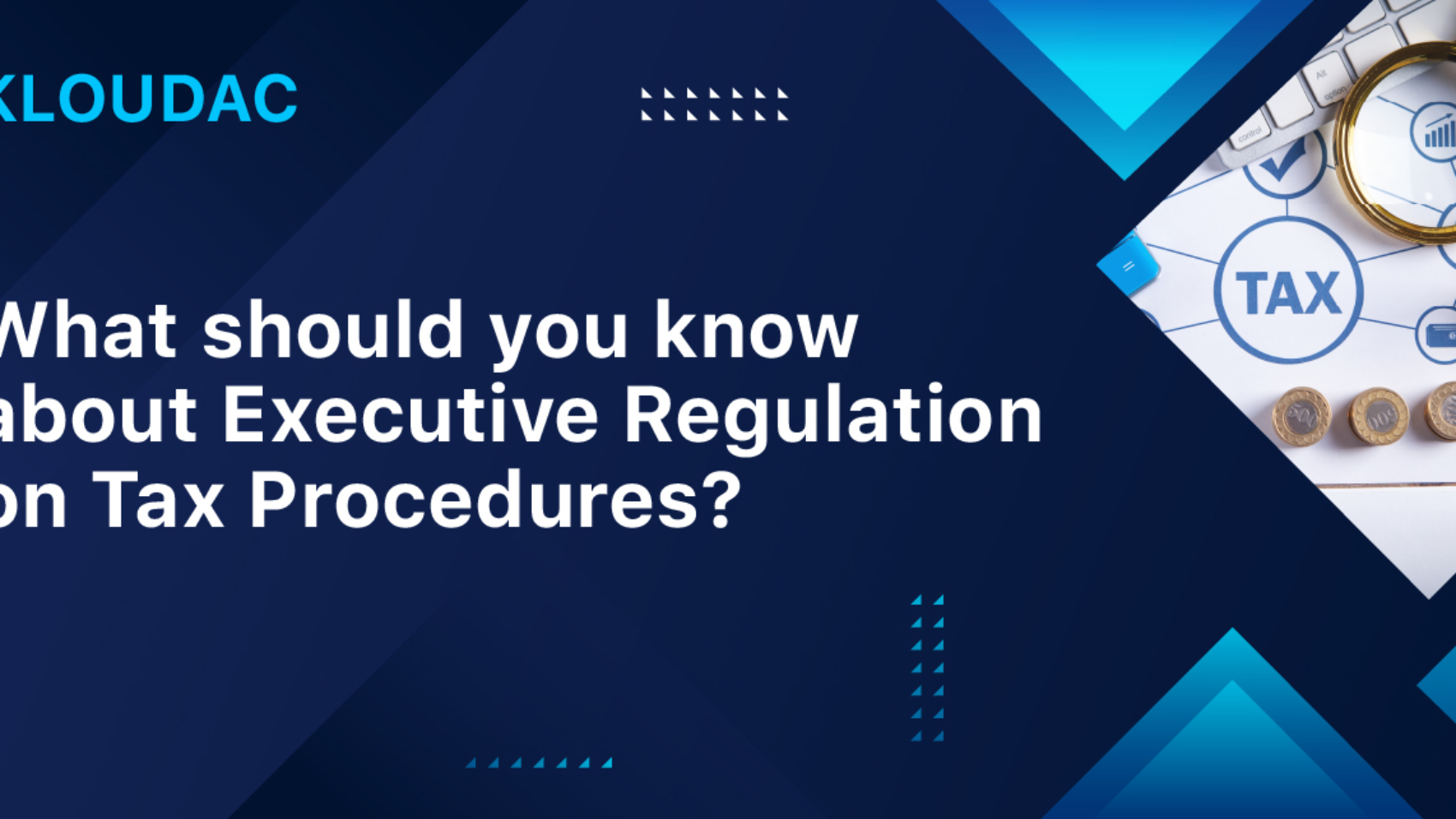In a world where finance and economics play a pivotal role in shaping societies and driving progress, empowering the youth with financial knowledge and expertise is of paramount importance. Recognizing this need, the United Arab Emirates (UAE) Ministry of Finance has launched a groundbreaking initiative called ‘The Future of Finance.’ This campaign aims to equip young Emiratis with the skills and knowledge necessary to take charge of their financial futures while fostering innovation and sustainability within the finance sector. In this blog post, we will explore the objectives, initiatives, and implications of this forward-thinking campaign.
Empowering youth with Financial Literacy
Financial Education for All
‘The Future of Finance’ campaign strives to make financial education accessible to all young Emiratis, regardless of their background or prior knowledge. By offering a comprehensive curriculum, workshops, and online resources, the Ministry of Finance is working to ensure that young people can make informed decisions about their finances.
Digital Learning Platform
The campaign features a user-friendly digital learning platform that covers a wide range of financial topics, from budgeting and savings to investment strategies and entrepreneurship. This platform enables young people to learn at their own pace, promoting self-directed learning.
Financial Literacy Workshops
To complement online resources, the campaign organizes interactive workshops and seminars, both in schools and through various community channels. These workshops provide hands-on learning experiences and opportunities for young Emiratis to engage with financial experts.
Career Opportunities
‘The Future of Finance’ campaign isn’t just about financial literacy but also about career development. It offers insights into the various career paths within the finance sector and helps young individuals explore opportunities for professional growth and contribution to the nation’s economy.
Fostering Innovation and Sustainability
Encouraging Entrepreneurship
The UAE has a thriving entrepreneurial ecosystem, and the campaign encourages young Emiratis to harness their financial knowledge to start and grow their businesses. It provides resources on business planning, funding, and sustainable practices.
Sustainable Finance
The Ministry of Finance recognizes the importance of sustainability in the finance sector. The campaign emphasizes the role of finance in promoting environmental and social responsibility, encouraging young people to consider sustainability in their financial decisions.
Fintech and Digital Transformation
With the rapid advancement of technology in finance (fintech), the campaign introduces young Emiratis to the world of digital finance. It explores how technology is reshaping the industry and presents opportunities for innovation.
Implications for the UAE
‘The Future of Finance’ campaign has far-reaching implications for the UAE.
Empowered Youth
By providing young Emiratis with financial knowledge and skills, the campaign empowers them to make informed decisions about their financial future, reducing financial vulnerability and improving overall financial well-being.
Economic Growth
A financially literate and innovative youth population can contribute significantly to the UAE’s economic growth, fostering entrepreneurship, job creation, and investment.
Global Competitiveness
Financial literacy and sustainability are crucial aspects of global competitiveness. The campaign positions the UAE as a forward-thinking nation committed to developing a skilled and responsible workforce.
KLOUDAC Accounting Firm Dubai, UAE
‘The Future of Finance’ campaign by the UAE Ministry of Finance is a commendable initiative that recognizes the importance of financial literacy, innovation, and sustainability in today’s dynamic world. By empowering young Emiratis with the knowledge and skills they need to navigate the financial landscape, this campaign not only improves individual financial well-being but also strengthens the UAE’s position as a global leader in finance and innovation. It’s a powerful investment in the future, where the youth play a pivotal role in shaping the economic destiny of the nation. KLOUDAC is a strong accounting firm that is willing to assist the young generation.
